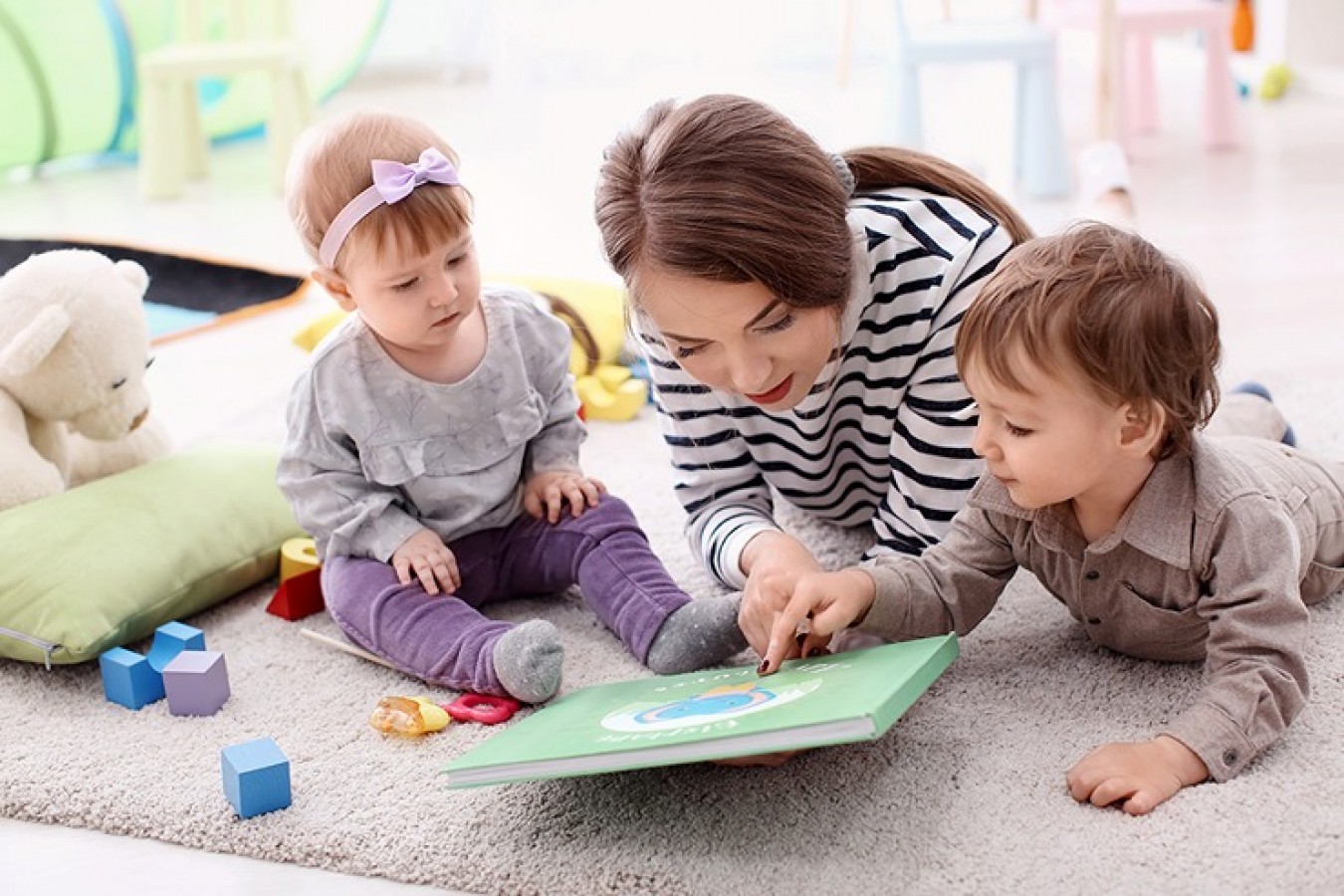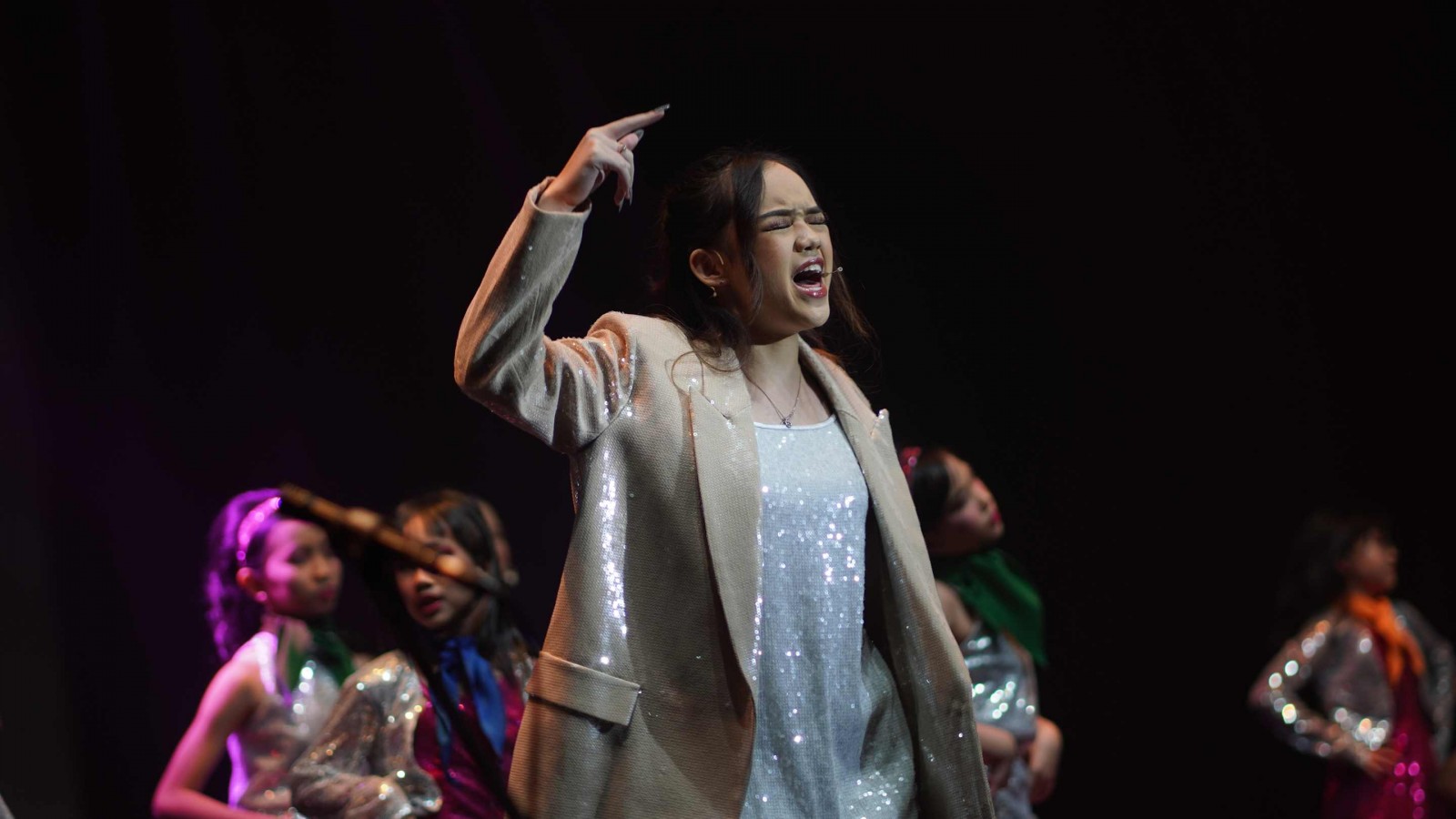Literacy Lesson for Kindergarten: Boost Your Child's Reading

The early years of a child's education play a crucial role in shaping their literacy skills, and kindergarten is the foundation for developing a lifelong love of reading. Literacy lessons for kindergarten should be engaging, interactive, and designed to foster not only basic reading skills but also a deep understanding of language.
As parents and educators, we play a pivotal role in shaping our little ones into avid readers and effective communicators. In this article, we will explore effective strategies to improve your child's reading comprehension during their kindergarten years.
How to Improve Children's Reading Comprehension?
Improving children's reading comprehension is a multifaceted process that involves fostering a love for reading, developing essential skills, and creating a supportive learning environment, especially in literacy lessons for kindergarten. Here are some effective strategies to enhance children's reading comprehension:
1. Read at Home Together Every Day
Reading regularly with children at home creates a consistent routine that fosters a love for books. When parents or caregivers read aloud, children are exposed to a rich vocabulary and varied sentence structures. This exposure helps them develop a better understanding of language nuances, context, and storytelling elements.
Additionally, shared reading provides an opportunity for discussions, allowing adults to check for comprehension, ask questions, and clarify any confusion.
2. Keep it Fun
Making reading an enjoyable and entertaining activity is key to keeping children engaged. Choose books that match their interests and reading levels.
Use expressive and animated voices to bring characters to life, incorporate interactive elements like asking them to predict what happens next, or encourage them to act out parts of the story.
Fun reading experiences create positive associations with books, motivating children to view reading as a pleasurable pastime rather than a chore.
3. Bring in the Non-fiction
While fiction is delightful, introducing nonfiction books broadens a child's knowledge and improves comprehension by exposing them to a different style of writing.
Nonfiction texts often contain informational content, helping children develop skills in extracting facts, understanding cause and effect, and making connections between concepts.
Explore topics that align with their interests, whether it's animals, science, history, or the natural world, to make learning through reading both informative and enjoyable.
4. Explore Your World Together
Taking learning beyond the pages of a book enhances comprehension by connecting theoretical knowledge to real-world experiences. Visiting museums, parks, or engaging in hands-on activities related to what they've read provides a tangible context for understanding.
For instance, after reading about animals, a trip to the zoo can reinforce their comprehension as they observe and relate to the creatures they've encountered in books. Such experiential learning cements concepts in their minds, making the reading experience more holistic and memorable.
Fun Literacy Activities
Engaging kindergarten children in enjoyable literacy lessons is a delightful way to spark their love for language and learning. Through interactive and enjoyable experiences, such as our specially designed literacy lessons for kindergarten, these activities not only enhance reading and writing skills but also foster a lifelong appreciation for communication.
Here are some engaging and fun literacy activities that can enhance language skills in an enjoyable way:
1. Color Sorting Letters
Materials Needed: Colored construction paper, markers, scissors.
Create a set of large letters on different colored construction paper. Cut them out and scatter them around the room. Provide small baskets or containers matching the colors of the letters. Instruct the children to find the letters and sort them into the corresponding colored containers.
This activity not only reinforces letter recognition but also incorporates a fun element of color sorting.
2. Children’s Book in a Bottle
Materials Needed: Empty plastic bottles, small children's books, decorative materials (optional).
Select a small children's book and carefully roll or fold each page to fit inside an empty plastic bottle. You may decorate the bottle for added appeal.
Seal the bottle and challenge the children to "read" the story by turning and exploring each page through the transparent bottle. This hands-on activity promotes engagement and fine motor skills while sparking curiosity about storytelling.
3. Kick the Letter Cup
Materials Needed: Paper cups, markers, small soft ball.
Write different letters of the alphabet on the paper cups. Arrange the cups in a circle on the floor, with the letters facing outward. Instruct the children to stand in the center and kick a soft ball towards a cup.
When a cup is hit, ask the child to identify the letter and say a word that starts with that letter. This active game combines letter recognition with gross motor skills, making learning both physical and enjoyable.
4. Alphabet Pillow Jumping
Materials Needed: Large pillows, markers, alphabet stencils (optional).
Place large pillows on the floor, each labeled with a letter of the alphabet. If available, use stencils to write the letters on the pillows.
Call out a letter or a word starting with a particular letter, and encourage the children to jump onto the corresponding pillow. This kinesthetic activity not only reinforces letter recognition but also adds an element of movement and excitement to the learning process.
Enrich Your Child's Tomorrow with Literacy Today!
The early years serve as a crucial investment in a child's education, particularly through literacy lessons in kindergarten. Implementing effective literacy lessons not only enhances reading comprehension but also ignites a lifelong love for learning.
Experience the magic of learning and play with our early childhood program, where education meets fun excitement. As a premier Sports & Performing Arts Academy, we understand the importance of laying a strong foundation for your child's holistic development.
With the right guidance from our experienced teachers, our program can help children become more adaptive and confident in their abilities. The importance of academic education and physical activity cannot be understated, as they are important for children's overall wellbeing and success.
Our program also seamlessly integrates the joy of learning with dynamic activities that nurture physical, cognitive, and creative skills. Join the Rockstar family today by trying our Rockstar Academy's free trial and let the extraordinary adventure begin!
FAQ
1. How do you promote literacy in kindergarten?
Promoting literacy in kindergarten involves creating a print-rich environment, incorporating storytelling, using interactive activities, and fostering a love for books through read-aloud sessions.
2. How do you teach literacy in early childhood?
Teaching literacy in early childhood includes focusing on phonemic awareness, introducing letter recognition, engaging in vocabulary-building activities, and encouraging expressive language development through various creative methods.



